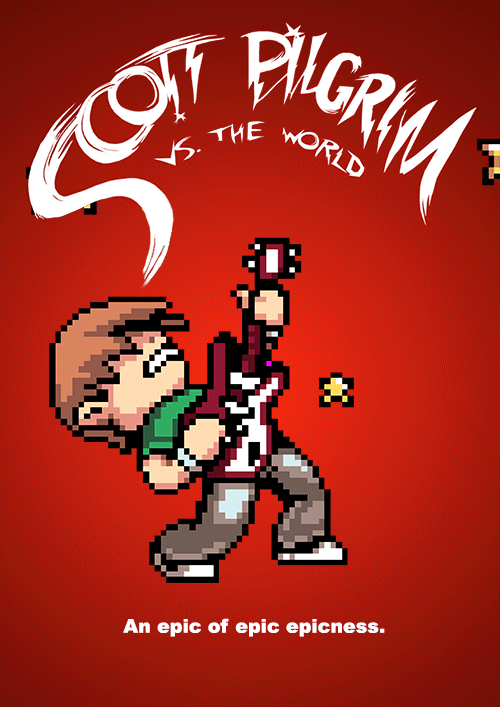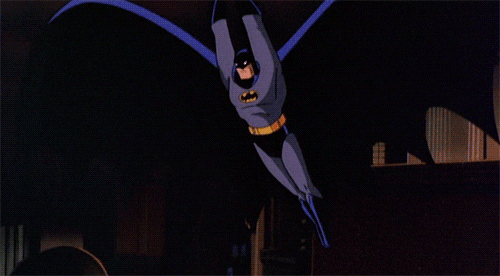
If you’re a comic books fan or a fan of superheroes, then you’ve probably heard the saying “Look! Up in the sky! It’s a bird! No, a plane. It’s Superman!”
While superheroes may have populated the screen in the last few years with characters like Batman, Black Lightning, Captain America, Supergirl, the Hulk, and the Scarlet Witch, they first flooded comic bookstores.
From Archie comics to X-Men, these superheroes and ordinary characters are a fun read that allows you to escape inside their world. And besides—who wouldn’t want to be a Teenage Mutant Ninja Turtle for a day?
Freebies
Every year, Free Comic Book Day falls on the first Saturday in May; this year it’s May 1. Retailers and comic bookstore owners and creators across the nation traditionally invite friends and family members to celebrate with a free comic. Some stores may offer special deals and discounts on upcoming releases, or merchandise like mini-posters and movie memorabilia. It provides an opportunity for new readers to understand what comic books are and discover the different genres that make them unique.
Origins
Believe it or not, comic books have been around for more than 125 years. Some trace the origins of comics to 18th century Japan, while others place their origin between Europe and America in the same era. One of the first American comic books was called Funnies on Parade, which had a variety of reprinted newspaper strips. A few years later, Superman would be one of the first superheroes to enter into a comic book in Action Comics #1, created by Jerry Siegel and Joe Shuster. Today comic books are filled with a variety of universes, superheroes, villains, and unique characters, some with powers, some without, but each has an interesting story all the same.
Adaptations
If you’ve seen a superhero in a movie, chances are it was a comic book before it hit the big screen. Here are a few comic book-turned-movie adaptations.
Superman
It’s no wonder that after the comic book was a hit following its published book in 1938, that Superman would begin appearing on screen. The first live-action adaption aired ten years later in 1948; it was split into a 15-part black and white film. In 1978, another version told the origin of his life. Every Superman movie created since starts with his origin story and carries on from a different series in the comics.

Constantine
Published by DC Comics in 1988, the comic book character Constantine, created by Alan Moore had a series called Hellblazer. In 2005 DC created the film adaptation Constantine to follow the character’s origin story, adding the plot from Dangerous Habits and Original Sins, two other books within the Hellblazer series. Constantine later became a series of its own on the television network the CW in 2014. The character also joined the DC’s Legends of Tomorrow cast on the CW.

Scott Pilgrim Vs. The World
This popular movie may not seem like a comic book, but it’s considered an accurate example of a comic book series come to screen. Back in 2004, Bryan Lee O’Malley wrote and illustrated the first volume, with five more volumes to follow. The comic ended in 2010, and soon after, the movie Scott Pilgrim Vs. The World made it to the big screen.

The Mask
In 1991, Dark Horse Comics published the first installment of author Doug Mahnke and illustrator John Arcudi’s limited series. Three years later the comic book series made its way to the theatres in the comic book’s first adaption. The title took on the first name in the series, The Mask, and featured Jim Carrey, who was a dorky bank clerk that put on a supernatural mask that changed his life forever.

Batman
Batman debuted back in 1939 as a comic book. Written by Bill Finger and illustrated by Bob Kane, the character premiered in Detective Comics #27. It wasn’t until 1989 that Batman made its first movie appearance that told of his origin story. Since then, it has been remade various times over.


Leave A Comment